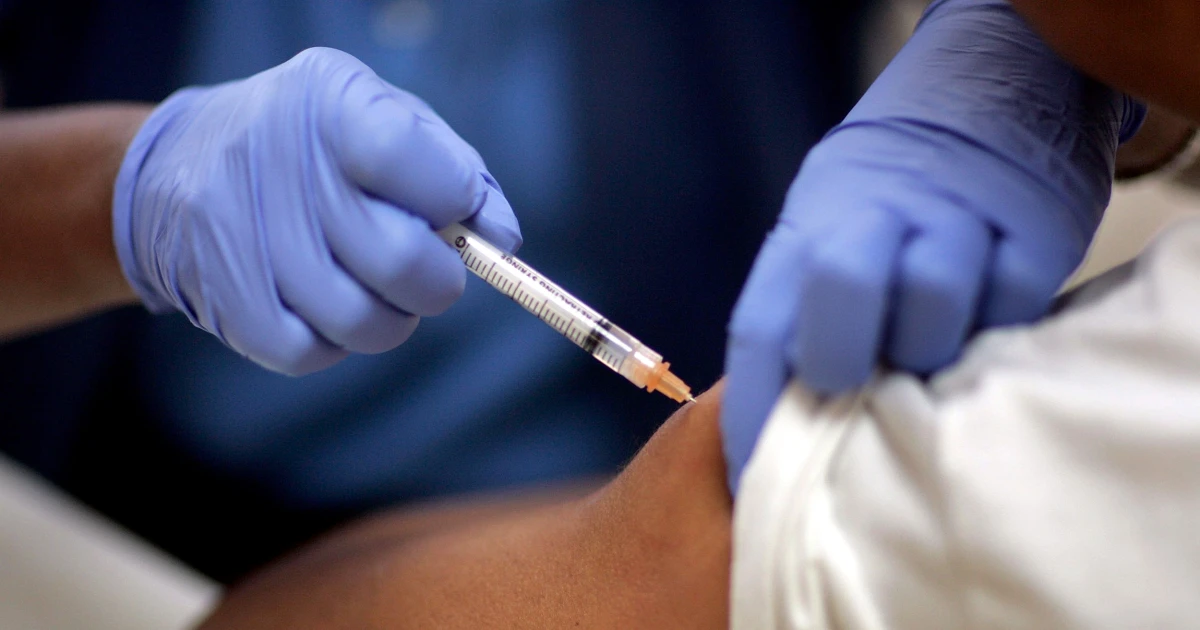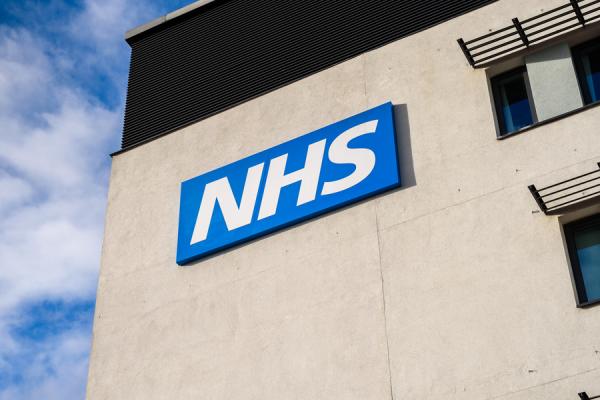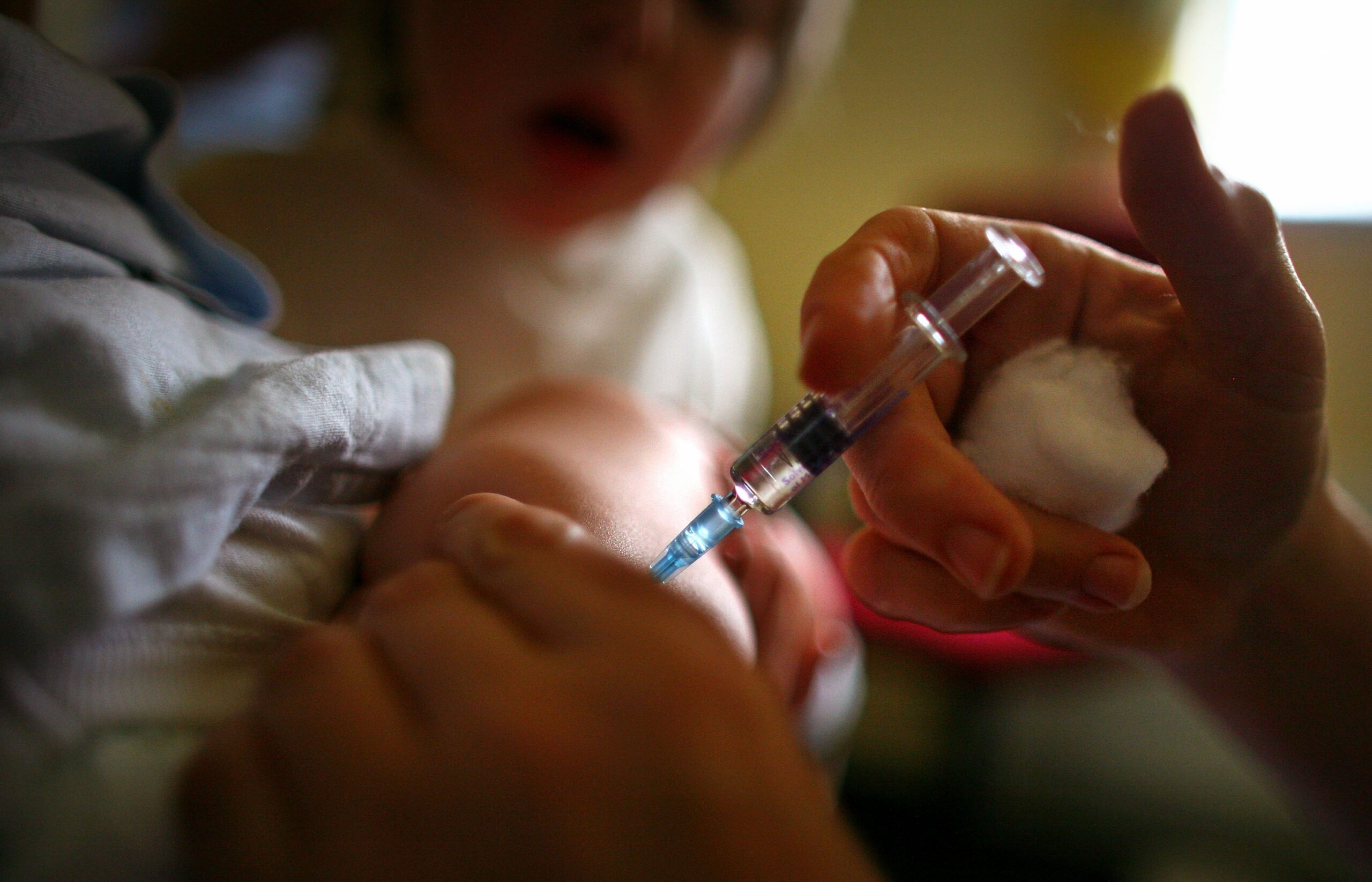Performance matters: Radiology sedation
Practices have reported that they are seeing an increase in requests for them to prescribe sedation for patients due to have radiological investigations such as MRI scans. Sedated patients should be regularly monitored, and we are aware of a case where a GP-provided sedative was given, the patient not monitored, and subsequently had a respiratory arrest in an MRI machine.
Practices are not required to prescribe this, and we would highlight the following:
- Benzodiazepines such at 2mg diazepam are probably sub-therapeutic for most adults for any effective sedation. Conversely anxiolytics can have an idiosyncratic response in patients, and even very small doses can cause increased agitation in some subsets of patients.
- A patient may take a sedative 'an hour' before their assumed procedure, to then attend the hospital to find their procedure has been delayed, therefore the timing of the anxiolytic being sub optimal.
- GPs are not regularly involved, skilled, trained or appraised in sedation skills.
- Hospital consultants, both those requesting imaging and those providing it, have access to the same prescribing abilities as GPs. If a patient needs a certain medication to enable an investigation to go ahead, they best positioned to provide a prescription, either through the hospital pharmacy or a hospital FP10.
- The Royal College of Radiologists‘ own guidelines on sedation for imaging makes no mention of GP involvement or provision of low dose anxiolytics and stresses the importance of experienced well trained staff involved and the monitoring of sedated patients: “Safe and effective analgesia and sedation should be delivered by an appropriately trained and credentialed team with good access to anaesthetics, pre-procedure assessment, sedation plan and checklist, with appropriate monitoring and availability of resuscitation equipment and reversal agents.” (see this link for more information).
To help patients avoid situations where they are not adequately sedated for a procedure or are unmonitored due to the procedure team being unaware of consumed sedation provided by general practice, we would advise practices may wish to decline requests by secondary care for prescribing in those circumstances. Where the referral for imaging is made by general practice, it may be useful to highlight that an assessment for support during the procedure by the radiology team may be beneficial on the referral form.




